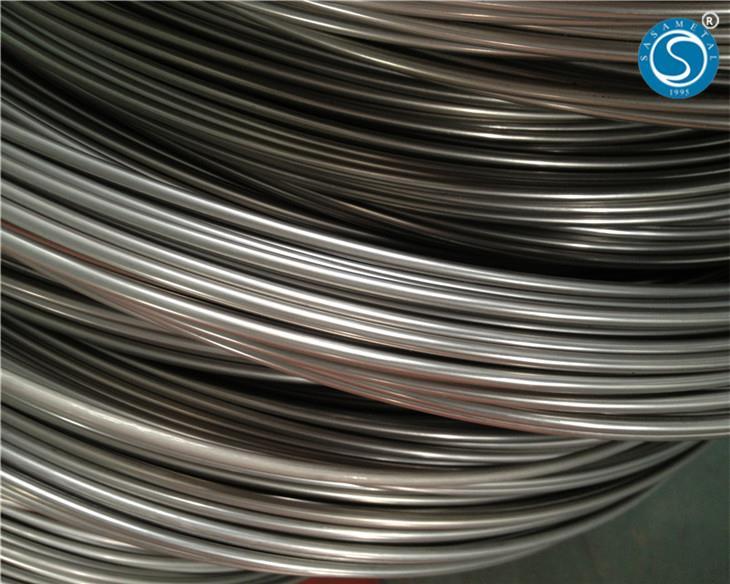Kaolin: Definition & Characteristics
Definition of Kaolin
Kaolin is a non-metallic mineral, a clay and clay rock mainly based on kaolin stone clay minerals. Because it is white and delicate, it is also known as white cloud soil. Its pure kaolin is white and delicate, soft, and has good plasticity and refractory nature. Kaolin is widely used, mainly used for papermaking, ceramic and refractory materials, followed by coatings, rubber fillers, enamel glaze, and white cement raw materials. Pesticide, pharmaceutical, textile, petroleum, chemical, building materials, national defense, and other industrial departments.
Characteristics of Kaolin
Whiteness Brightness
The high-purity kaolin is white. The color of kaolin is mainly related to the metal oxides or organic matter it contained. Generally, it contains FE2O3 with rose red and brownish yellow; it contains FE2+light with blue and pale green; contains MNO2 with light brown. The existence of these impurities reduces the natural whiteness of kaolin. Among them, iron and titanium minerals will also affect the whiteness of burning, causing porcelain to have pigmentation or melting scars.
Plasticity
The mud formed by the combination of kaolin and water can be deformed under the action of external force. After the external force is removed, the nature of this deformation can still be plastic. Plasticity is the basis for the formation process of kaolin in the ceramic body, and it is also the main technical indicator.
Drying Performance
Drying performance refers to the performance of the Kaolin Mud in the process of drying. Including dry shrinkage, dry strength, and dryness sensitivity.
Dry contraction refers to the shrinkage caused by the losing water and drying. The same type of kaolin has different contractions due to different mixing water. Dry strength refers to the folding strength after the mud is dry to the constant weight. Dry sensitivity may produce a tendency to deformation and cracking when the body is dry.
Suspenability
Suspenability refers to the performance that is difficult to precipitate in the water scattered in the water. Generally, the smaller the particle size, the better the suspension. Kaolin, which is used in the enamel industry, requires good suspenability. Generally, the samples scattered in the water have determined the quality of their suspended performance after a certain period of settlement.



 trade-global
trade-global